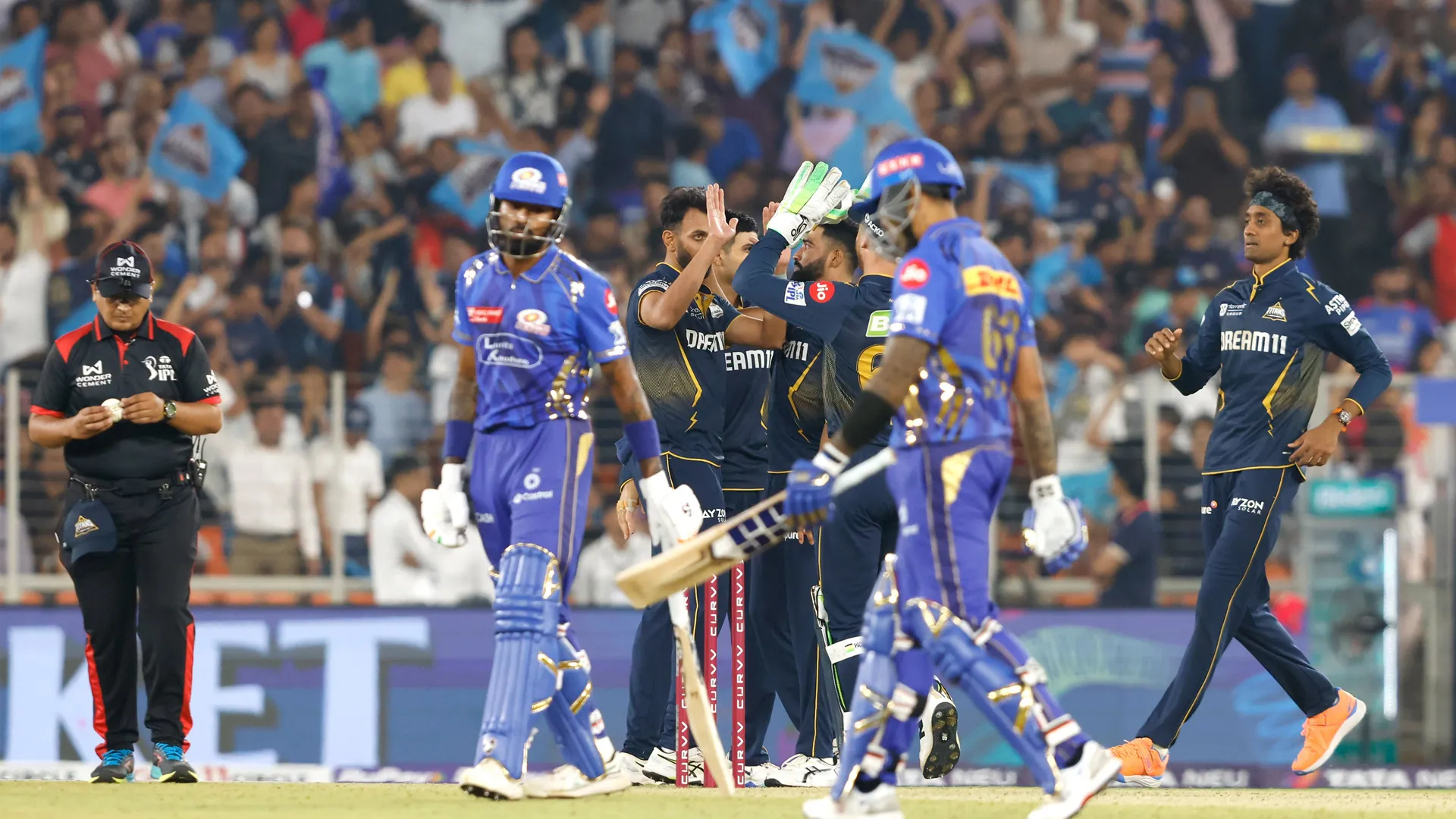The iconic Gabba stadium in Brisbane is set to be demolished following the 2032 Olympic Games, making way for a modern 63,000-seat stadium in Victoria Park. The decision marks a historic shift in Brisbane’s sporting landscape, as the city prepares for a major infrastructure revamp ahead of the global event.
New Stadium Plans Unveiled
Queensland Premier David Crisafulli has announced plans for a state-of-the-art stadium in Victoria Park, located north of Brisbane’s central business district. The proposed A$3.8 billion facility will not only host the opening and closing ceremonies of the 2032 Olympics but also become the new home for Queensland’s premier cricket and Australian rules football teams. The stadium is designed to enhance spectator experience with cutting-edge amenities, ensuring it meets international standards for future sporting events.
The project aims to position Brisbane as a world-class sports destination while addressing concerns over the Gabba’s aging infrastructure. The new stadium’s central location will improve accessibility and offer modern facilities that cater to both athletes and fans. Construction is expected to begin soon to meet the Olympic deadline.
The Gabba Legacy and Its Final Events
With a history spanning over a century, the Gabba has been an integral part of Australian cricket and sports culture. Since hosting its first men’s Test match in 1931, the venue has seen legendary moments, including the first tied Test in 1960 and Australia’s memorable comeback win against India in 2021.
The stadium will continue to host cricket and AFL matches until the 2032 Olympics, after which it will be demolished. One of the final major events at the venue is expected to be Australia’s bid for an Olympic gold medal in cricket, marking a fitting farewell to one of the country’s most celebrated grounds.
The shift to a new stadium is expected to elevate Brisbane’s sporting infrastructure, providing a modern, multi-purpose venue capable of hosting major international events. While the Gabba’s legacy will be remembered, the transition represents a forward-looking investment in the city’s sporting future, ensuring Brisbane remains a premier destination for global sports and entertainment.









